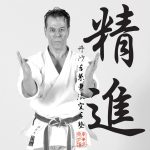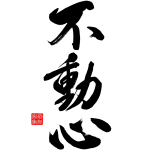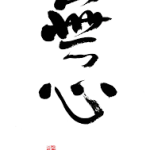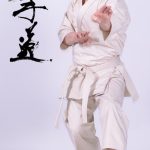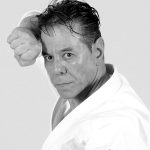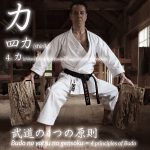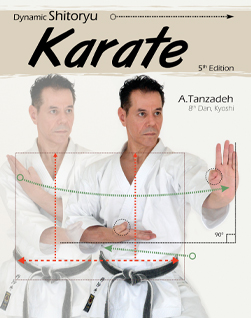
Meiyo, or honor (名誉), is a core principle of karate that emphasizes living with integrity, respect, and humility. In karate, it means upholding the traditions of the art, respecting your sensei, dojo, and fellow karateka, and striving for personal growth. … Continue reading

